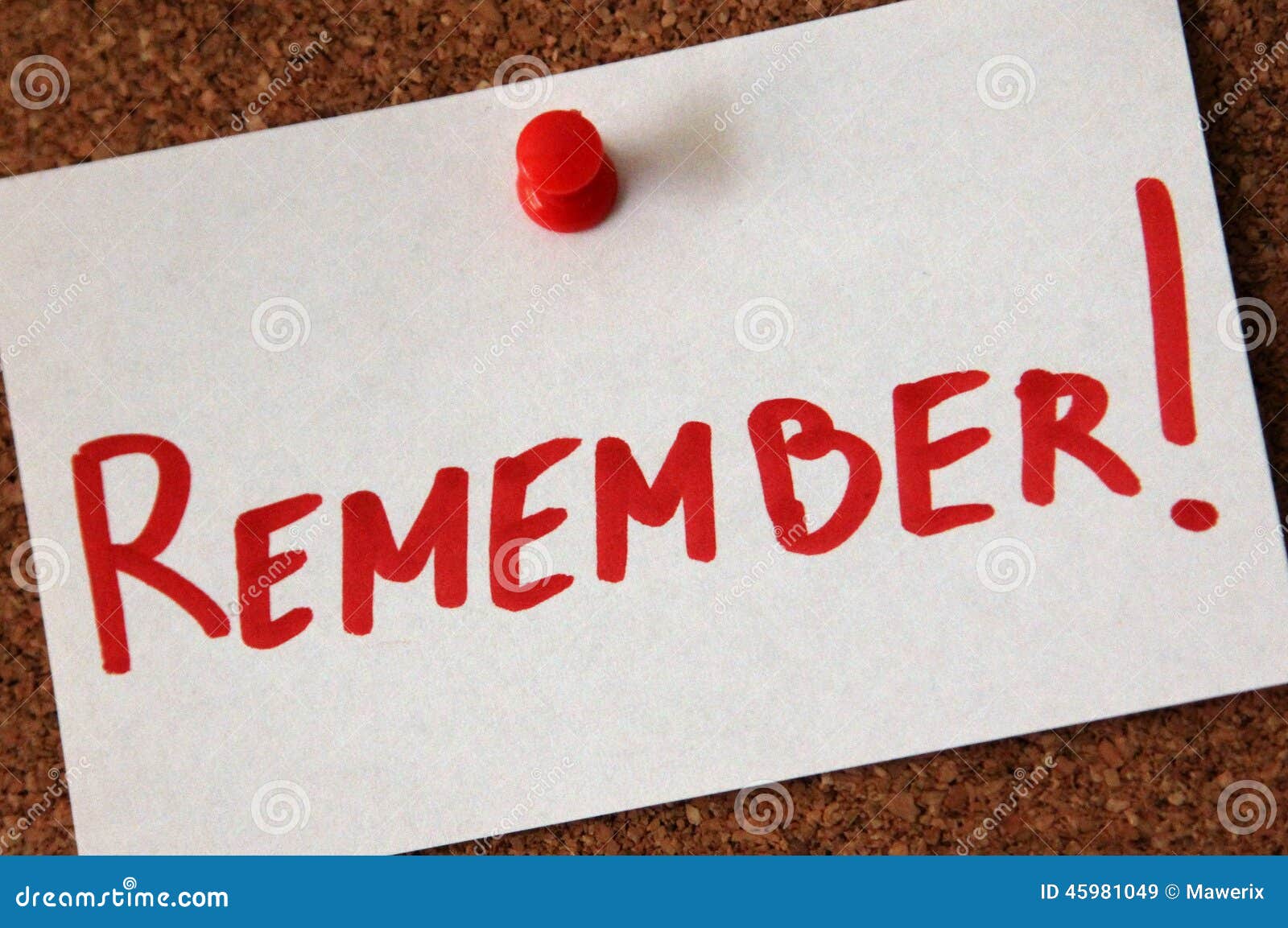Delivering a speech can be a daunting task, especially when it comes to memorizing the content. The fear of forgetting key points or stumbling over words can be overwhelming. However, with the right techniques and strategies, you can improve your ability to remember a speech and deliver it with confidence.
One of the most effective ways to remember a speech is to start by understanding the underlying structure and organization of the content. This involves identifying the main themes, topics, and key points that you want to cover. By breaking down the speech into smaller, manageable chunks, you can focus on memorizing one section at a time, rather than trying to memorize the entire speech at once.
Another important technique is to use visualization techniques to associate with the content. This can involve creating mental images or pictures that represent the key points or themes of the speech. By visualizing these images, you can better encode the information in your memory and recall it more easily when you need to.
In addition to these techniques, it’s also important to practice, practice, practice. Rehearsing your speech multiple times can help to solidify the content in your memory and build your confidence in delivering it. Try practicing in front of a mirror, record yourself, or practice with a friend or family member.
Here are some additional easy recall tips to help you remember a speech:
- Use mnemonics: Mnemonics are memory aids that can help you associate with the content of your speech. For example, you can use the first letter of each key point to create a word or phrase that is easy to remember.
- Create a mind map: A mind map is a visual representation of the content of your speech. By creating a mind map, you can see the relationships between different ideas and concepts, and better organize your thoughts.
- Use rhymes and rhythms: Rhymes and rhythms can be a powerful way to remember information. Try creating a rhyme or jingle that summarizes the main points of your speech.
- Get enough sleep: Sleep is essential for memory consolidation, so make sure you get plenty of rest before you need to deliver your speech.
- Stay focused: Stay focused and avoid distractions when you’re practicing your speech. Try to eliminate any distractions, such as turning off your phone or finding a quiet space to practice.
By using these techniques and strategies, you can improve your ability to remember a speech and deliver it with confidence.
Here are some additional tips for delivering a speech with confidence:
- Make eye contact: Making eye contact with your audience can help you build a connection with them and deliver your speech with more confidence.
- Use body language: Your body language can convey confidence and enthusiasm, so make sure you’re standing up straight and using gestures to emphasize your points.
- Vary your tone: Varying your tone of voice can help keep your audience engaged and interested in what you’re saying.
- Use pauses: Pausing for emphasis or to allow your audience to absorb what you’re saying can be a powerful way to deliver a speech.
By following these tips and practicing your speech, you can deliver a confident and effective speech that engages and informs your audience.
In conclusion, remembering a speech is not an impossible task. By using the right techniques and strategies, you can improve your ability to remember a speech and deliver it with confidence. Whether you’re using visualization techniques, mnemonics, or practicing in front of a mirror, the key is to find a method that works for you and to practice, practice, practice.
How long does it take to memorize a speech?
+The amount of time it takes to memorize a speech can vary depending on the length and complexity of the speech, as well as the individual's memory and learning style. However, with consistent practice and review, it's possible to memorize a speech in a relatively short amount of time.
What is the most effective way to memorize a speech?
+The most effective way to memorize a speech is to use a combination of techniques, such as visualization, mnemonics, and practicing in front of a mirror or with a friend or family member. It's also important to break down the speech into smaller chunks and to practice consistently.
How can I overcome my fear of public speaking?
+Overcoming a fear of public speaking takes time and practice. It's helpful to start small, such as speaking in front of a small group or practicing in front of a mirror. It's also important to focus on your message and your audience, rather than your own anxiety. Additionally, taking deep breaths, visualizing success, and using positive self-talk can help to reduce nervousness and build confidence.
In the end, delivering a speech is not just about memorizing the content, but also about connecting with your audience and conveying your message with confidence and enthusiasm. By using the right techniques and strategies, you can overcome your fear of public speaking and deliver a speech that engages and informs your audience.



